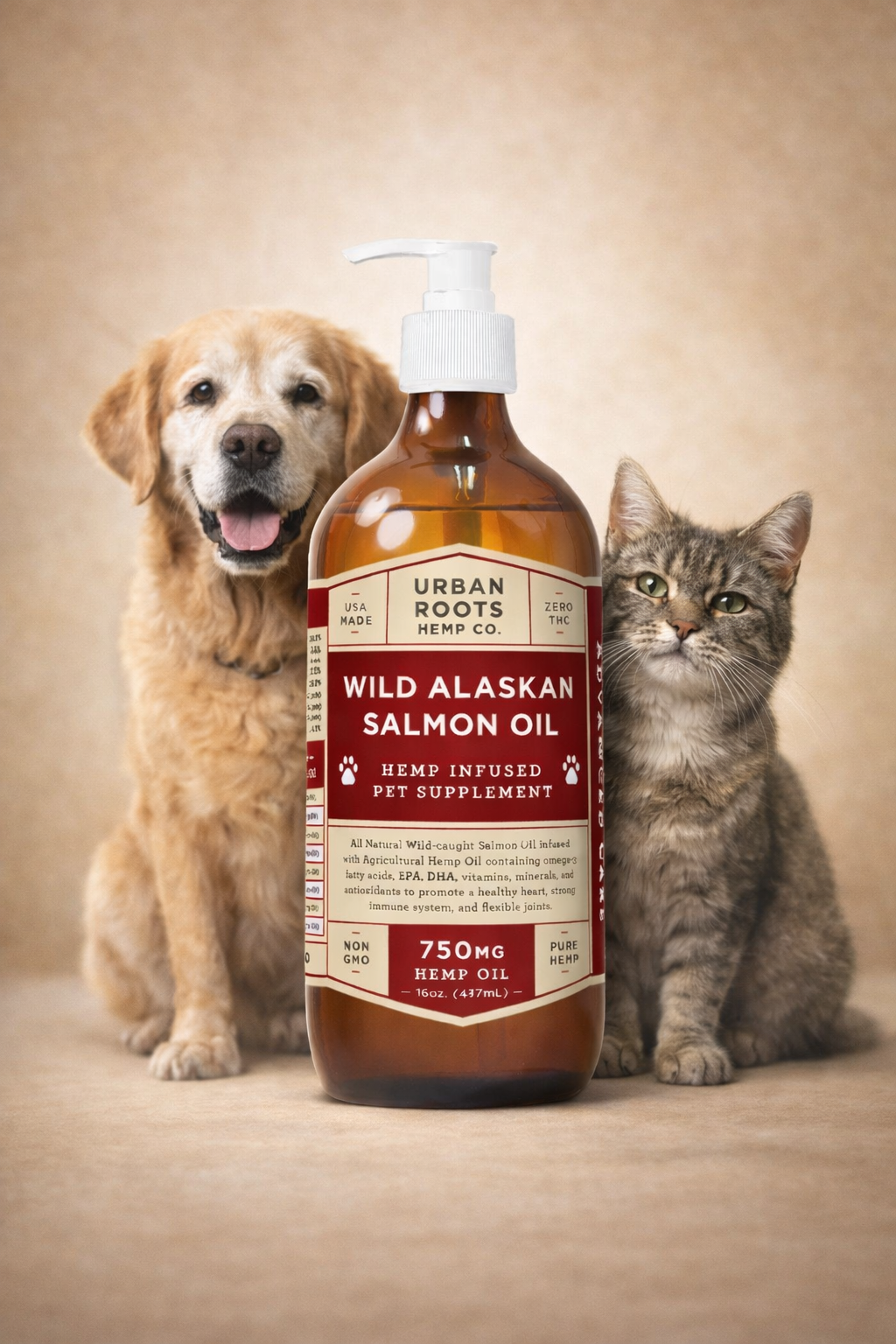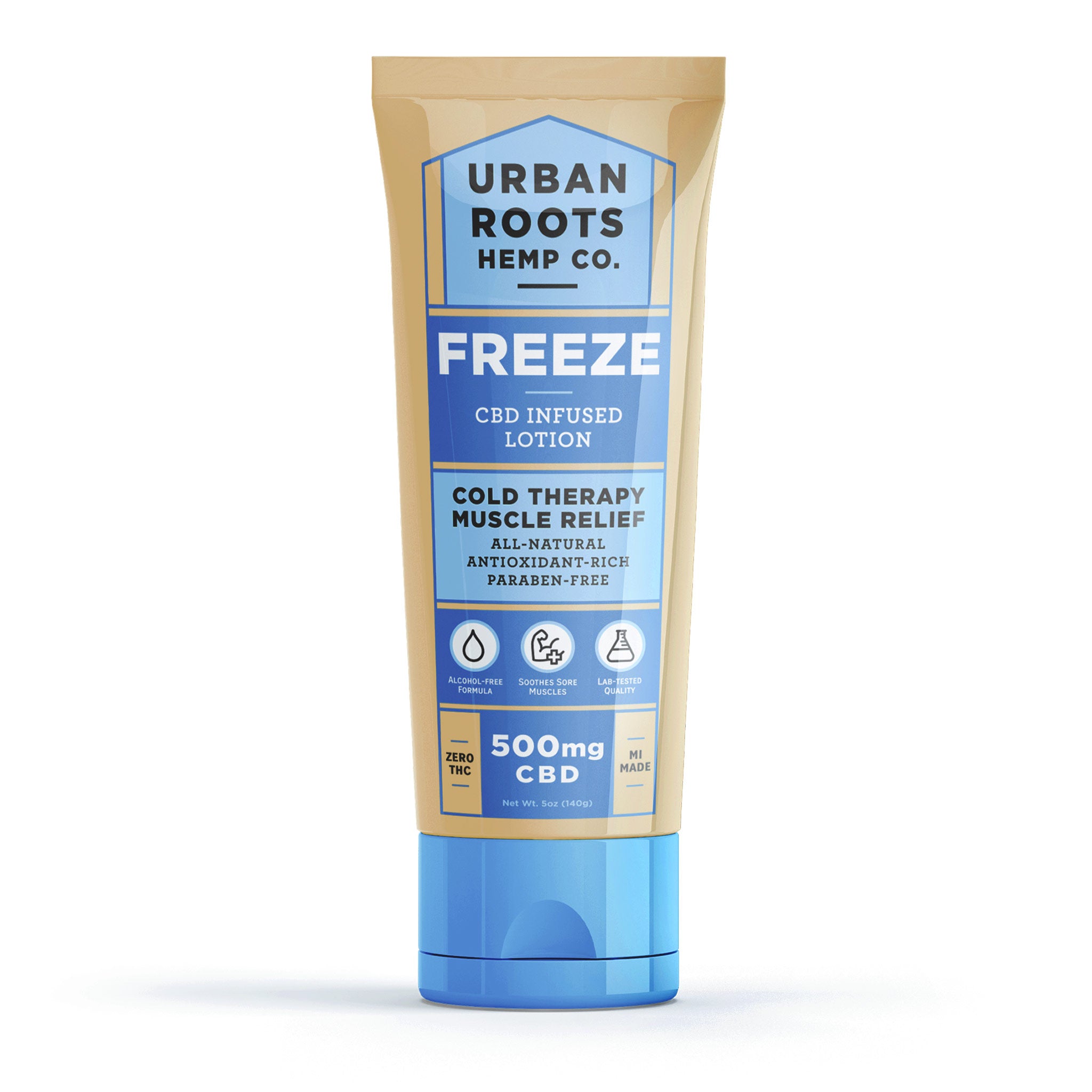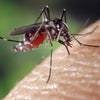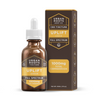What Drugs Might CBD Replace One Day?
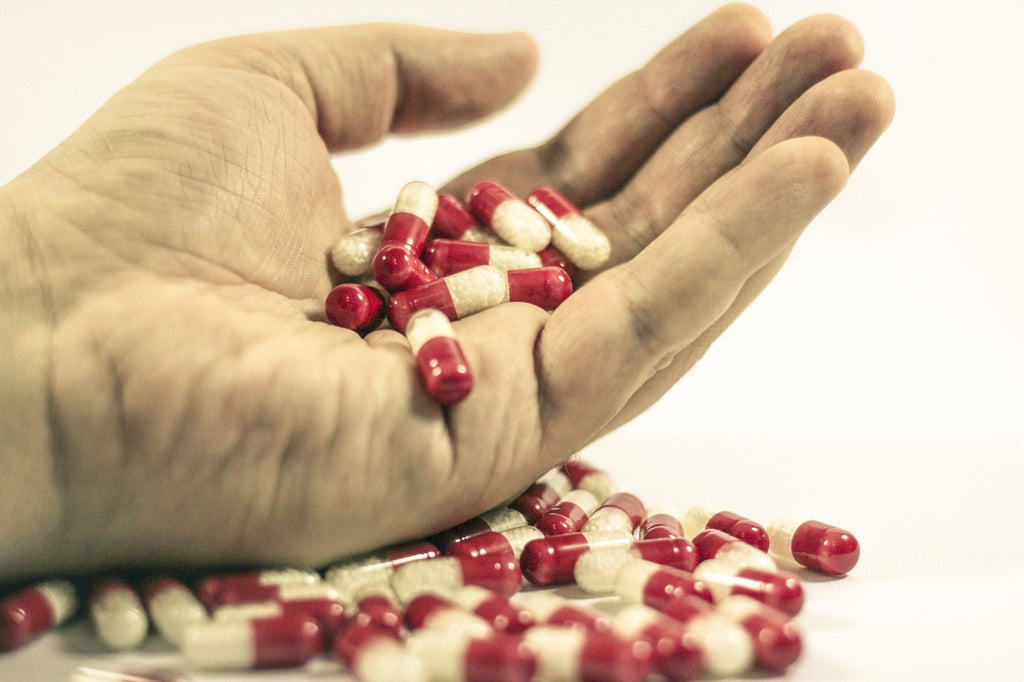

We published an article a couple weeks back discussing how many people are beginning to turn to CBD instead of over the counter drugs like Ibuprofen and Tylenol. With CBD being more available and more well known than ever before, about 33% of American adults have consumed the substance one or more times. Additionally, 22% of Americans who regularly use CBD say it has helped them supplement or replace prescription or over the counter drugs.
Our previous article laid out how many prescription and over the counter drugs are not necessarily bad, but that they can have some very serious side effects that you should take into consideration when deciding what is best for your health. We went on to say that if there might be a viable alternative, like CBD, that produces positive outcomes without all the short and long term health consequences, it would be worth your attention.
Essentially, the punchline is that just because something is new or different does not make it potentially harmful, and just because something is well established does not make it safe or without consequences. When deciding whether or not to try a CBD product, you should find out if it makes sense for your particular body and health and also look at the effectiveness and consequences of the drugs you’re currently taking.
Can CBD Replace Prescription Drugs?
So, it is possible that CBD may be a viable alternative or replacement for some over the counter drugs. But what about prescription drugs? Does CBD have potential to be a healthier alternative or supplement to any of the hundreds of drugs that Americans consume every year? Let’s go over what we know so far.
The Brightfield Group, an independent market research firm, conducted a joint study with HelloMD which sought to better understand the CBD market and what people who use it are trying to accomplish. They interviewed a sample of 2,400 CBD users and asked them questions, among other things, about why they use it and if it is replacing a prescription drug.
The study found that, “While the largest portion (57%) of CBD users responding continues to use both cannabis and other medications – either simultaneously or alternating between them, 42% of these CBD users have left their traditional medications behind altogether and now use cannabis alone to treat conditions including anxiety (67%), insomnia (60%), joint pain and inflammation (52%) and depression (43%).”
According to the study, nearly 70% of respondents rated hemp CBD products to be “more effective” or “much more effective” in treating various illnesses and conditions than over the counter drugs. 52% of the people in this group rated CBD products as “more effective” or “much more effective” in relieving medical conditions than prescription medications.
What Does the Science Say?
It’s great that there is more and more anecdotal evidence and individual stories supporting the fact that CBD may replace certain prescription drugs. It means that people are taking their health into their own hands and trying non-traditional approaches to find better solutions. However, even though they are sometimes slow to catch up, it’s always good to know what the science, facts, and studies say as well.
CBD vs. Opioids
One study from 2019 evaluated the effects of CBD hemp extract on opioid use and quality of life indicators in patients with chronic pain. An initial sample of 131 patients was recruited from a private pain management center's investigative population. Of those, 97 patients completed the 8-week study. The majority of the patients included were between 30 and 65 years of age, suffered from chronic pain, and had been on opioids for at least 1 year.
53% of the chronic pain patients greatly reduced or completely eliminated opioid use within eight weeks of adding CBD to their regimen. 94% of the CBD users in the study reported an improvement in their quality of life. The study concluded that “CBD could significantly reduce opioid use and improve chronic pain and sleep quality among patients who are currently using opioids for pain management.”
CBD vs. Zoloft and Prozac
As this article lays out, there have been numerous animal studies and mounting evidence from human experimental, clinical, and epidemiological studies that suggest CBD has powerful anti-depression properties. When administered as needed, it appears safe, well-tolerated, and may be beneficial to treat a number of depression and anxiety-related disorders, including:
- Panic disorder
- Obsessive Compulsive Disorder (OCD)
- Social phobia
- Post-Traumatic Stress Disorder (PTSD)
- Generalized Anxiety Disorder (GAD)
- Mild to moderate depression
Similar to selective serotonin reuptake inhibitors (SSRIs) like Prozac and Zoloft, CBD is thought to boost signaling through serotonin receptors, specifically the 5-HT1A receptor. The study concluded that CBD could represent a novel fast antidepressant drug. Furthermore, because cannabidiol is completely non-toxic, you don’t have to worry about some of the serious side effects that come along with drugs like Prozac and Zoloft.
CBD vs. Anticonvulsant Drugs
As you may be aware, two years ago the FDA approved a CBD based anti-seizure drug, called Epidiolex, for the treatment of people with epilepsy. There have also been a number of studies done to test CBD’s efficacy in treating the different types of epilepsy and their associated seizures.
One study, published in the New England Journal of Medicine, found that there was a median decrease of 38.9 percent in the frequency of seizures for patients with Dravet Syndrome (a rare form of epilepsy) who received CBD. Again, the benefits of CBD lie both in its ability to treat these different ailments or conditions, combined with the fact that it is totally non-toxic and has virtually no side effects that have been observed.
CBD vs. Antibiotics
This application is a newer development and the research is still in its very early stages, however, there is preliminary evidence that CBD may be an effective antibiotic. Replacing or supplementing existing antibiotics is an exciting prospect because bacteria are becoming increasingly resistant to common medications like penicillin.
A recent study done in Australia on the efficacy of CBD as an antibiotic found that it is "remarkably effective" at killing bacteria, at least in a test tube. The results showed that CBD had antibiotic effects against a number of so-called Gram-positive bacteria, including types of staph and strep bacteria, as well as strains that had become resistant to other antibiotic drugs.
In addition to killing certain types of bacteria that often lead to infection, the results also showed that CBD didn’t seem to induce antibiotic resistance in the bacteria tested. In fact, the bacteria in question did not become resistant to the drug after being exposed for 20 days: the period that many bacteria can survive when exposed to some currently used drugs.
Conclusion: CBD May Be a Replacement for Prescription Drugs
As Americans, we consume a lot of drugs, both prescription and over the counter. Although the condition they are meant to help is often worth the potential health cost, the serious side effects that come along with them should not be ignored. CBD may be an effective alternative that produces similar results without the downside. It is completely non-toxic and does not have any known serious consequences. With that said, you should speak to your doctor before trying CBD and especially before stopping prescription drug use.
This is an exciting time in the world of medicine and at Urban Roots we are looking forward to seeing what further research shows.


